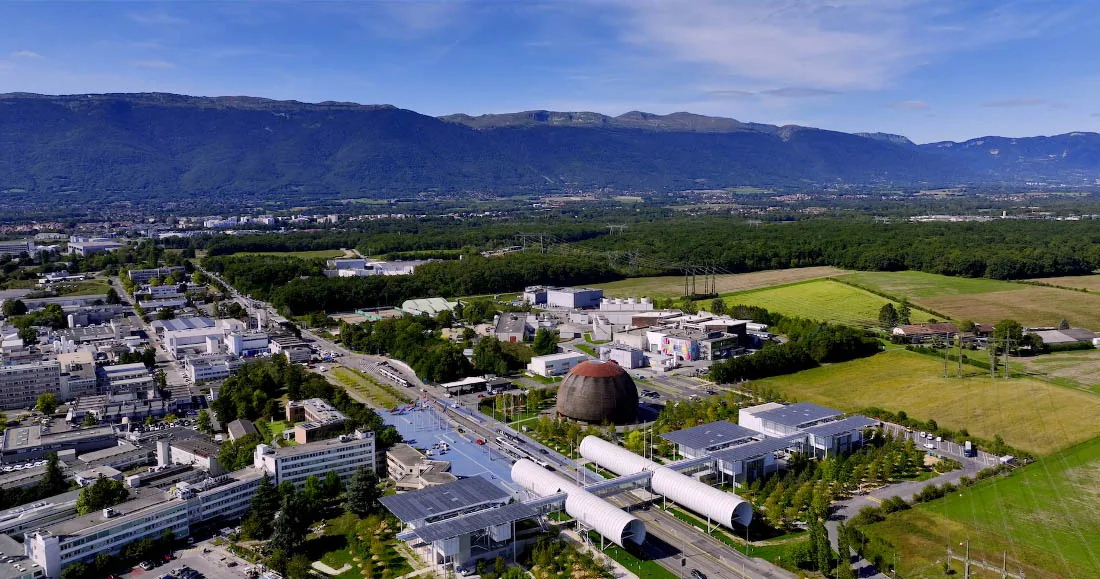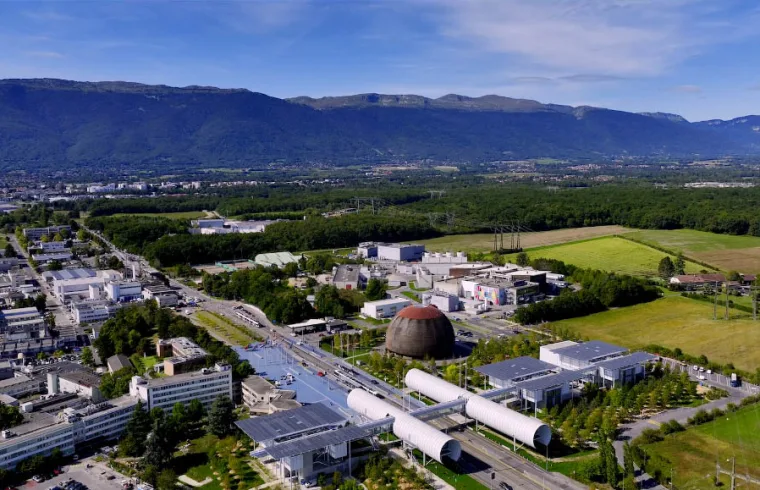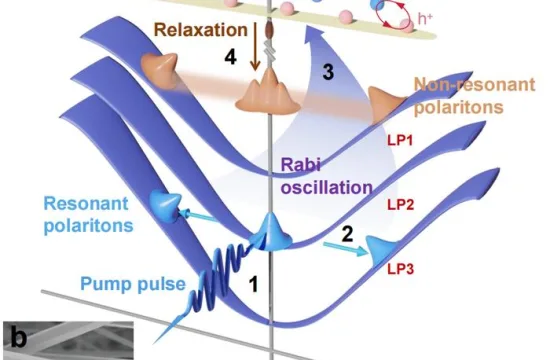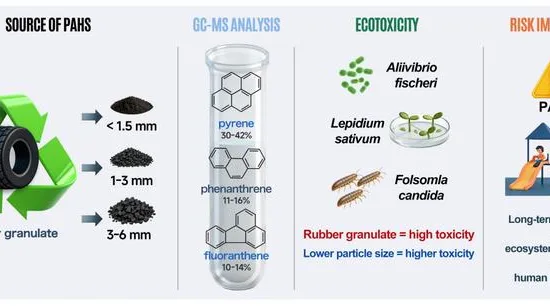|
Getting your Trinity Audio player ready...
|
CERN releases its 4th Environment report and sets updated environmental goals for 2030

Geneva, 13 November — The European Organization for Nuclear Research (CERN) has reaffirmed its commitment to sustainable science with the publication of its fourth Environment Report, covering the years 2023 and 2024. The report outlines concrete measures taken to reduce the environmental impact of high-energy physics research and sets updated sustainability objectives through 2030.
Among the achievements highlighted are the Large Hadron Collider’s (LHC) highest-ever integrated luminosity, demonstrating improved energy efficiency in terms of data delivered per unit of energy consumed.
Other milestones include the inauguration of a new energy-efficient data center designed with a target power usage effectiveness (PUE) of 1.1 and equipped with a heat-recovery system, as well as CERN’s certification under ISO 50001 for energy management.
In 2024, CERN’s Enlarged Directorate approved a new set of environmental objectives for the decade ahead. These include:
- Limiting electricity consumption to 1.5 TWh per year during Run 4 of the LHC, despite increased physics output.
- Cutting direct CO₂-equivalent emissions by 50% compared to 2018 levels, supported by a 60% reduction in gas consumption.
- Improving water management by enhancing effluent quality, boosting on-site retention capacity, and reducing overall consumption.
- Increasing biodiversity across CERN sites, with measures to strengthen local ecosystems and mitigate urban heat islands.
- Expanding waste management and noise control initiatives.
Looking ahead, the report underscores CERN’s long-term vision for sustainable high-energy physics. The High-Luminosity LHC, scheduled to begin operations in 2030, will serve as a platform for developing greener accelerator technologies, including advanced power converters and superconductivity. Sustainability is also a guiding principle in planning CERN’s next flagship project, currently under study.
“Science should not just address global challenges but should act locally,” said Benoît Delille, Head of CERN’s Occupational Health and Safety and Environmental Protection Unit. “Our scientific goals go hand in hand with our commitment to respecting the planet. CERN can and must continue to protect the world we all share while pushing back the frontiers of knowledge.”
With this latest report, CERN signals its transition toward a broader sustainability framework that integrates environmental, social, and governance (ESG) dimensions, reinforcing its ambition to serve as a global role model for responsible research.







